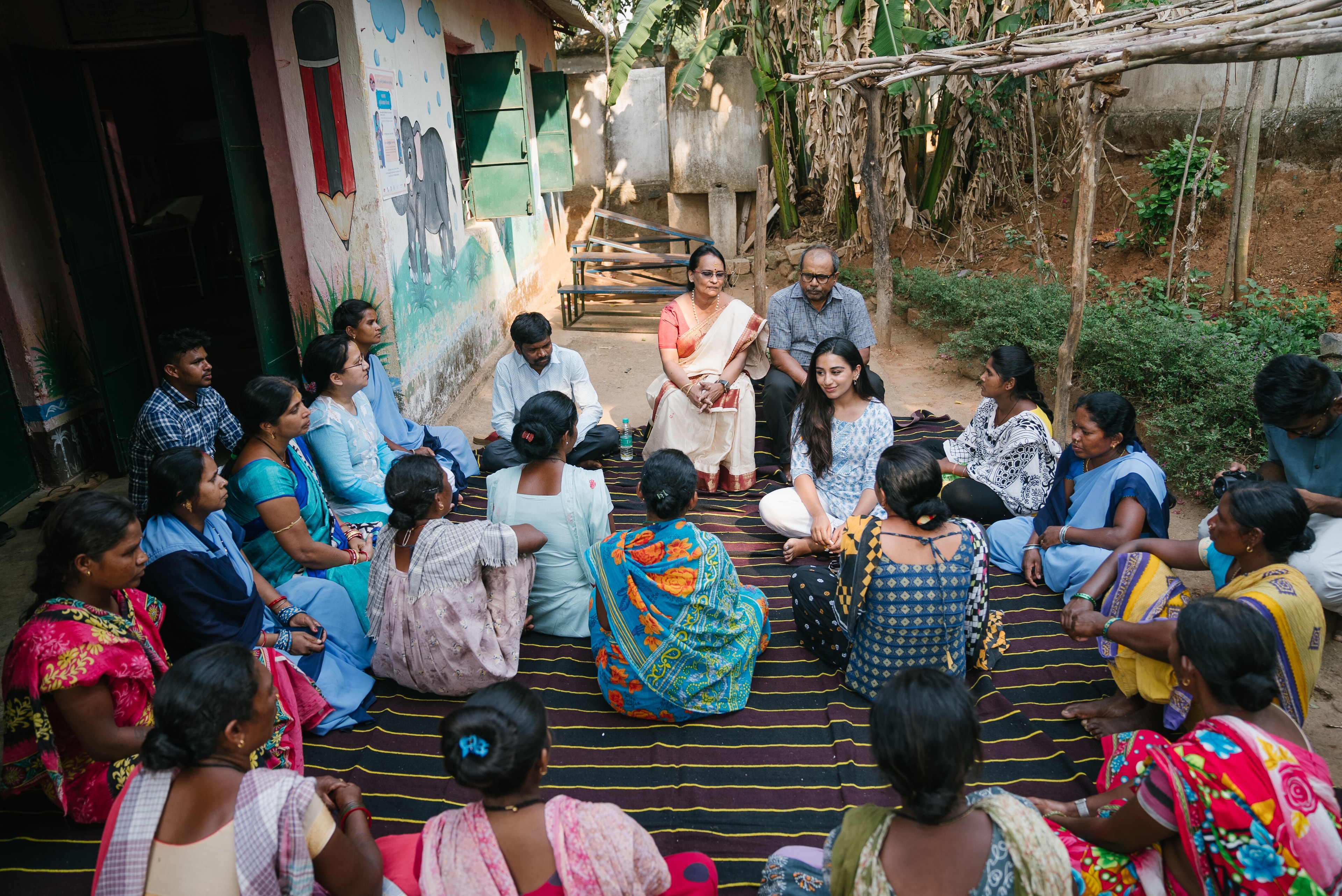COVID-19: What you need to know about the coronavirus pandemic on 12 January

COVID-19 testing continues across the globe. Image: REUTERS/Marco Bello

Explore and monitor how COVID-19 is affecting economies, industries and global issues

Get involved with our crowdsourced digital platform to deliver impact at scale
Stay up to date:
COVID-19
Listen to the article
- This daily news round-up brings you a selection of the latest news and updates on the COVID-19 coronavirus pandemic, as well as tips and tools to help you stay informed and protected.
- Top stories: Too soon to treat COVID-19 like flu, says WHO; Omicron-specific vaccines might be needed; record daily COVID-19 cases reported in numerous countries.
1. How COVID-19 is affecting the globe
Confirmed cases of COVID-19 have passed 313.6 million globally, according to Johns Hopkins University. The number of confirmed deaths has now passed 5.5 million. More than 9.49 billion vaccination doses have been administered globally, according to Our World in Data.
Indonesia has started its COVID-19 vaccine booster programme. Cases have hit an almost three-month high amid the rise of the Omicron variant.
South Korea has approved the use of Novavax's COVID-19 vaccine and is also set to start distribution of Pfizer's antiviral pills.
The Biden administration said on Tuesday that US federal agencies should require weekly COVID-19 testing by 15 February for unvaccinated government employees who are working on-site or interacting with the public.
Colombia has reduced the interval between second and third COVID-19 vaccine doses from six to four months.
Israel has cut its isolation time for asymptomatic COVID-19 cases from 10 days to seven.
Ireland is expected to lift restrictions on the movement of people who have been in close contact with someone suffering from COVID-19 if they are fully vaccinated with a booster and have no symptoms.
Record daily confirmed COVID-19 cases have been reported in Germany (80,430), Bulgaria (7,062), France (368,149) and Turkey (74,266).

What is the Global Alliance for Social Entrepreneurship?
2. Too soon to treat COVID-19 like flu - WHO
The Omicron variant of COVID-19 is on track to infect more than half of Europeans, the World Health Organization (WHO) warned yesterday.
"At this rate, the Institute for Health Metrics and Evaluation forecasts that more than 50% of the population in the region will be infected with Omicron in the next 6-8 weeks," WHO's Europe director Hans Kluge told a news briefing, referring to a research centre at the University of Washington.
Europe saw more than 7 million newly-reported cases in the first week of 2022, more than doubling over a two-week period, Kluge said.
But treating COVID-19 as an endemic illness, rather than a pandemic, is "a way off", WHO's senior emergency officer for Europe, Catherine Smallwood, told the same briefing.
"We still have a huge amount of uncertainty and a virus that is evolving quite quickly, imposing new challenges. We are certainly not at the point where we are able to call it endemic," she said. "It may become endemic in due course, but pinning that down to 2022 is a little bit difficult at this stage."
3. WHO body says COVID-19 vaccines may need to be updated for Omicron
A World Health Organization (WHO) technical body said yesterday that current COVID-19 vaccines may need to be reworked to ensure they are effective against Omicron and future variants of the coronavirus.
The technical group, made up of independent experts, said it would consider a change in vaccination composition and stressed that shots needed to be more effective in protecting against infection.
"The composition of current COVID-19 vaccines may need to be updated to ensure that COVID-19 vaccines continue to provide WHO-recommended levels of protection against infection and disease by VOCs (variants of concern), including Omicron and future variants," the technical body, tasked with making recommendations to the WHO, said in a statement.
"COVID-19 vaccines need to ... elicit immune responses that are broad, strong and long-lasting in order to reduce the need for successive booster doses," it added.
"A vaccination strategy based on repeated booster doses of the original vaccine composition is unlikely to be appropriate or sustainable."
However, the statement stopped short of advocating an Omicron-specific vaccine at this stage, saying more research was required and urging manufacturers to share data.
Don't miss any update on this topic
Create a free account and access your personalized content collection with our latest publications and analyses.
License and Republishing
World Economic Forum articles may be republished in accordance with the Creative Commons Attribution-NonCommercial-NoDerivatives 4.0 International Public License, and in accordance with our Terms of Use.
The views expressed in this article are those of the author alone and not the World Economic Forum.
The Agenda Weekly
A weekly update of the most important issues driving the global agenda
You can unsubscribe at any time using the link in our emails. For more details, review our privacy policy.
More on Health and Healthcare SystemsSee all
Kate Whiting
May 3, 2024
Kiran Mazumdar-Shaw
May 2, 2024
Johnny Wood
May 1, 2024
Prakash Tyagi
May 1, 2024
Katherine Klemperer and Anthony McDonnell
April 25, 2024





